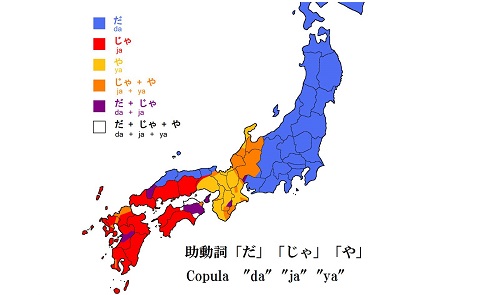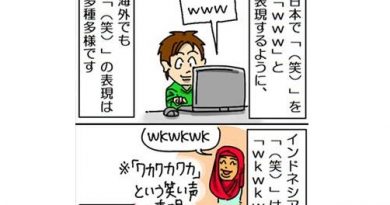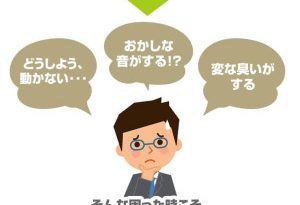Japanese dialects

Japanese dialects. Let’s continue to learn some other Japanese dialects.
名古屋弁 (Nagoya ben)
Because of its geography, Nagoya has been concurrently affected by both eastern and western dialects. However, they are more similar in intonation with each other than with Tokyo’s way of speaking. Nagoya ben is of course widely used in Nagoya city as well as province Aichi.
Sentence final particle よ to become に
For example: 美味しいよ (Oishī yo) –> 美味しいに (Oishī ni): It’s delicious.
Negative form ない to become せん
For example: 飲まない (nomanai) –> 飲ません (noma sen): I don’t drink (alcohol).
てください to become てちょう
For example: 来てください (Kite kudasai) –> 来てちょう (Kite chō): Come here.
くなる to be come なる
For example: 大きくなる (Ōkiku naru) –> おおきなる (Ōkinaru): It becomes bigger.
仙台弁(Sendai ben)
Sendai is the capital city of province Miyagi, Sendai ben belongs to the Tohoku ben (東北弁) dialect. Therefore it is developed in Tohoku areas. Sendai ben is also closest to the standard Japanese than other dialects in group Tohoku.
を to become ば
For example: 雑誌を買った (Zasshi o katta) –> 雑誌ば買った (Zasshiba katta): I bought a magazine.
だろう、でしょう to become べ
For example: 日本人でしょう (Nihonjindeshou) –> 日本人だべ (Nihonjinda be): He may be/seems to be a Japanese.
に・へ to become さ
For example: 友達に貸した (Tomodachi ni kashita) –> 友達さ貸した (Tomodachi sa kashi shita): I borrow it for a friend.
そう to become ん
For example: そうじゃない (Sō janai) –> んでね (Nde ne): That’s not it.
北海道弁 (Hokkaido ben)
When the Meiji era ended, Tohoku and Hokuriku people have moved to Hokkaido and created special dialect system. It’s safe to say Hokkado is a combination and mixture of various dialects. For example:
よね? / でしょう? to become っしょ
For example: これだよね (Koreda yo ne) –> これっしょ (Koressho): Is it here?
よね? / でしょう? to become しょや
For example: 明日でしょう (Ashitadeshou) –> 明日しょや (Ashita shoya): Maybe tomorrow.
だろう / でしょう to become べ (similar to the Sendai dialect)
5-level verb’s form to show possibility 五段動詞 (Godandōshi – verbs in group II) to become れる
For example: 飲める (nomeru) –> 飲まれる (nomareru): I can drink alcohol.
Dialects contribute a special charm to the language system of every country, it deserves to be praised instead of being made fun of. Sometimes, dialects are an individual’s color, help us memorize and respect our roots. Even though Japanese dialects are very elaborate and complicated, in this article, we can only show you the differences in grammar. To master a dialect, you need to practising using vocabulary as well as the right intonation. Hopefully, this Japanese dialects article has provided you new and useful information and helps you love Japanese even more.
Check out other articles in section: How to speak Japanese


